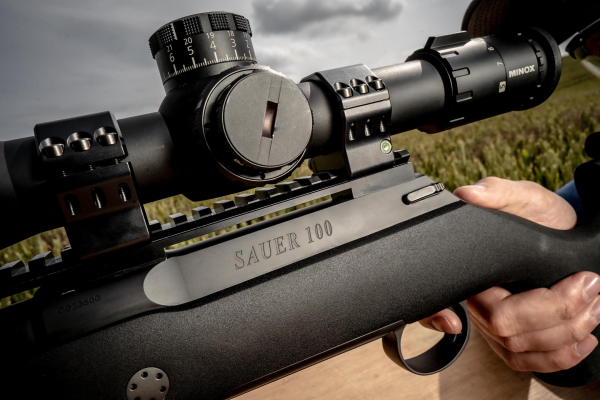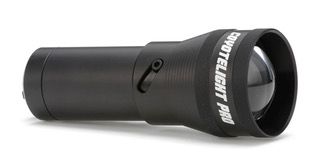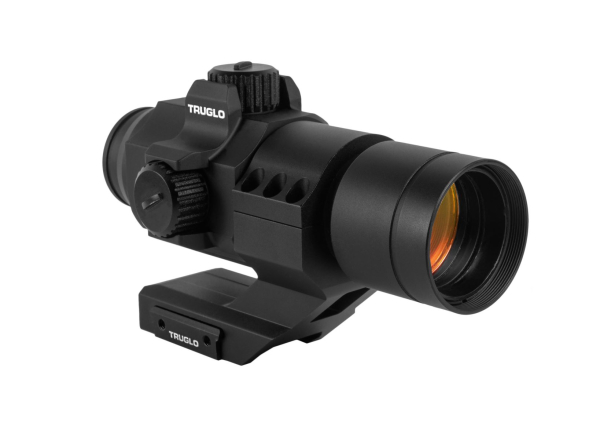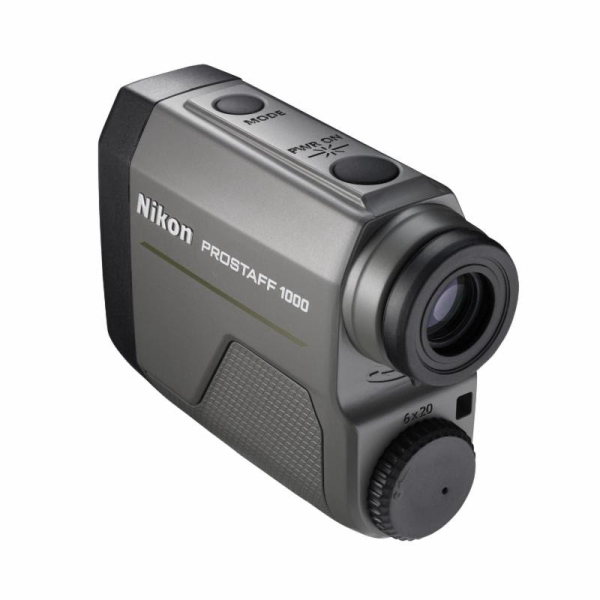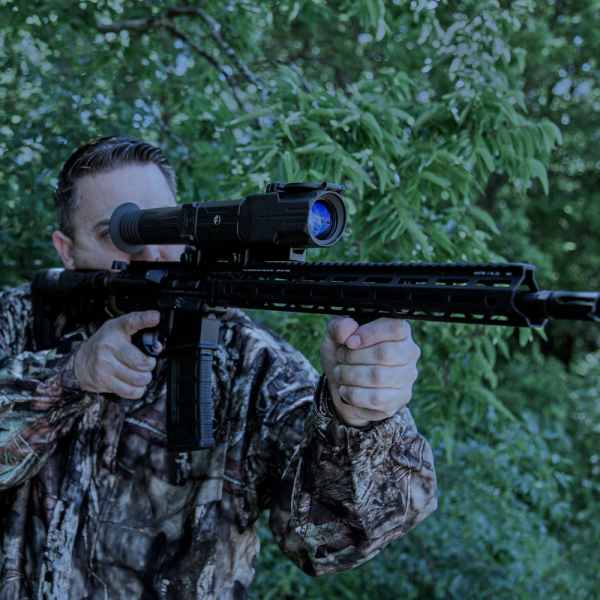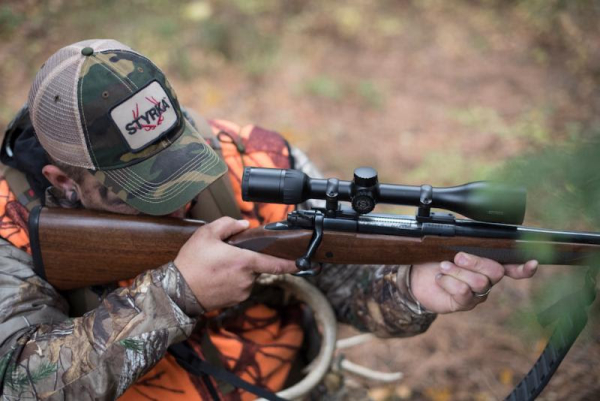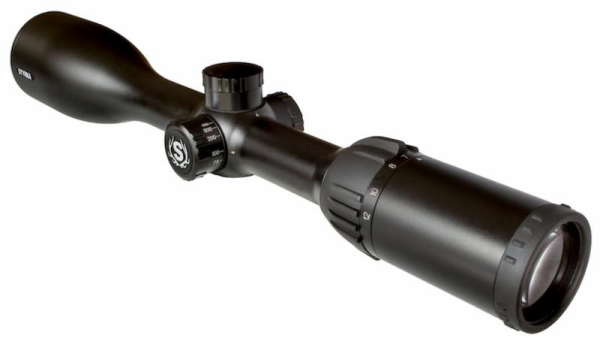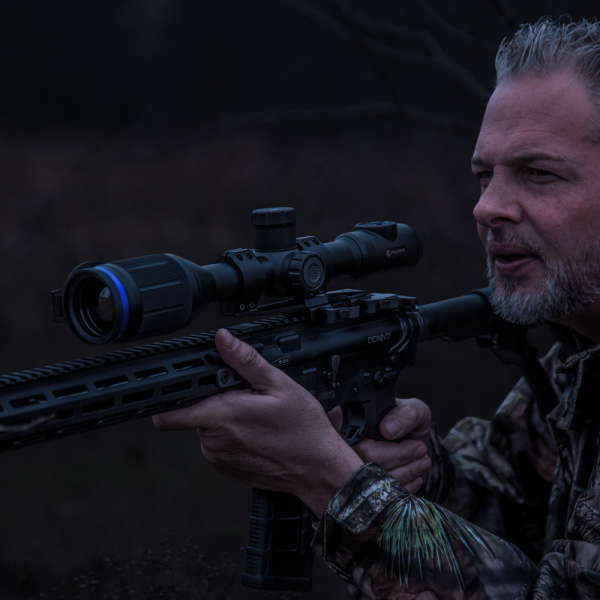Viridian Gun, Laser and Gear Sweepstakes
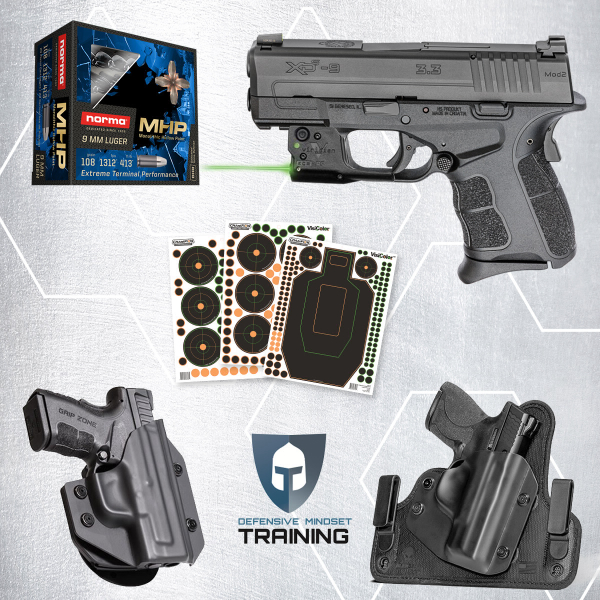
MINNEAPOLIS, Minn. –– Viridian Weapon Technologies has teamed up with Springfield Armory, Alien Gear, Norma, Inceptor, Champion Traps and Targets and Defensive Mindset Training to give away a gun, laser and gear prize pack to one lucky winner. To enter for a chance to win the Viridian 12 for 12 Sweepstakes, Facebook users can vote for their favorite grand-prize package—which includes a Springfield XD-S® Mod.2™, Viridian REACTOR® R5 Gen 2 and more—in a poll on Viridian’s Facebook page. One grand-prize winner will be randomly selected to win the prize package that receives the most votes by the end of the promotion period. Viridian will also randomly choose 11 runners-up to each receive a $30 Viridian gift card. Full terms and conditions, entry details and prize information can be found online.
“We’ve partnered with some big brands in the industry to give away an incredible gun, laser and gear prize package—and our fans will ultimately determine which prize is awarded to the winner,” said Viridian President and CEO Brian Hedeen. “Not only are these some of the most trusted names in the shooting sports, but they share our commitment to quality and innovation and are dedicated to putting the best of the best into customers’ hands. This is the perfect opportunity for one lucky winner to add a Viridian-equipped pistol and new gear to their EDC setup.”
One grand-prize winner will be selected in a random drawing from among all eligible entries received during the promotion period. The total estimated retail value of grand-prize option #1 is $1,495.31. The total estimated value of grand-prize option #2 is $1,370.31. The prize packs include the following: Read more

